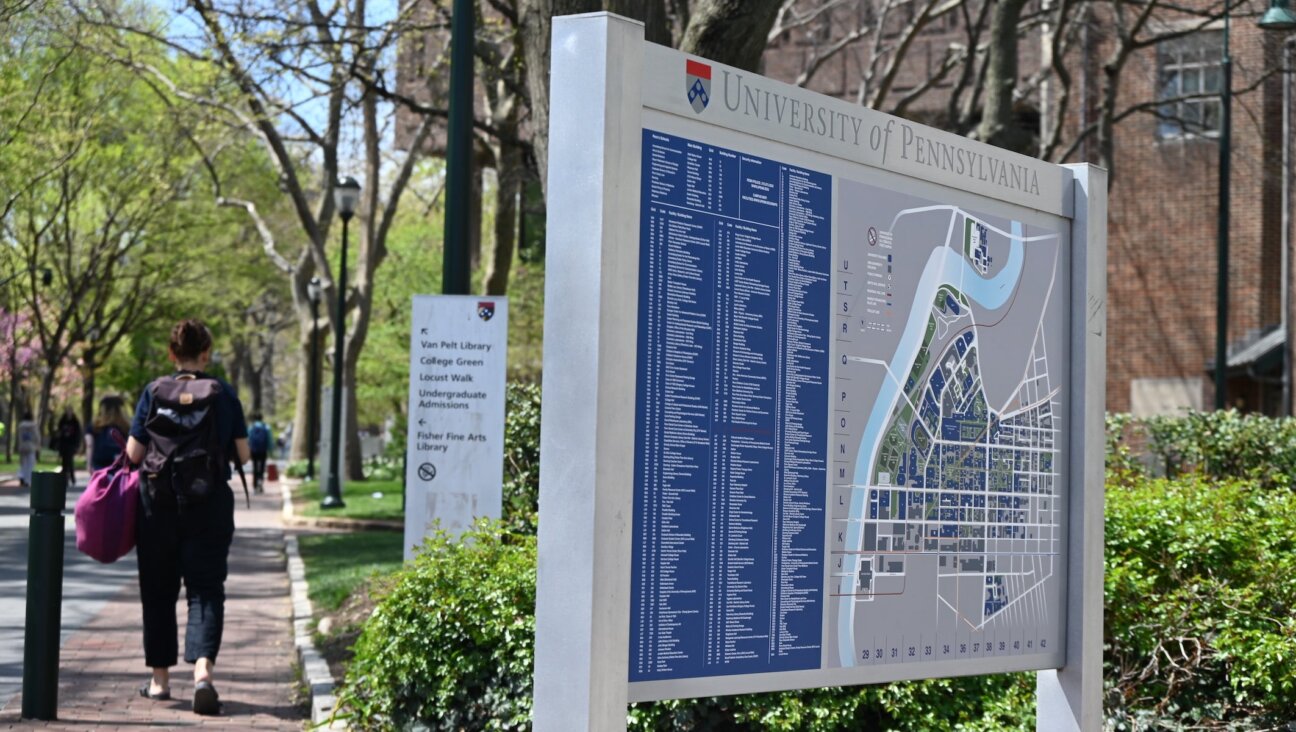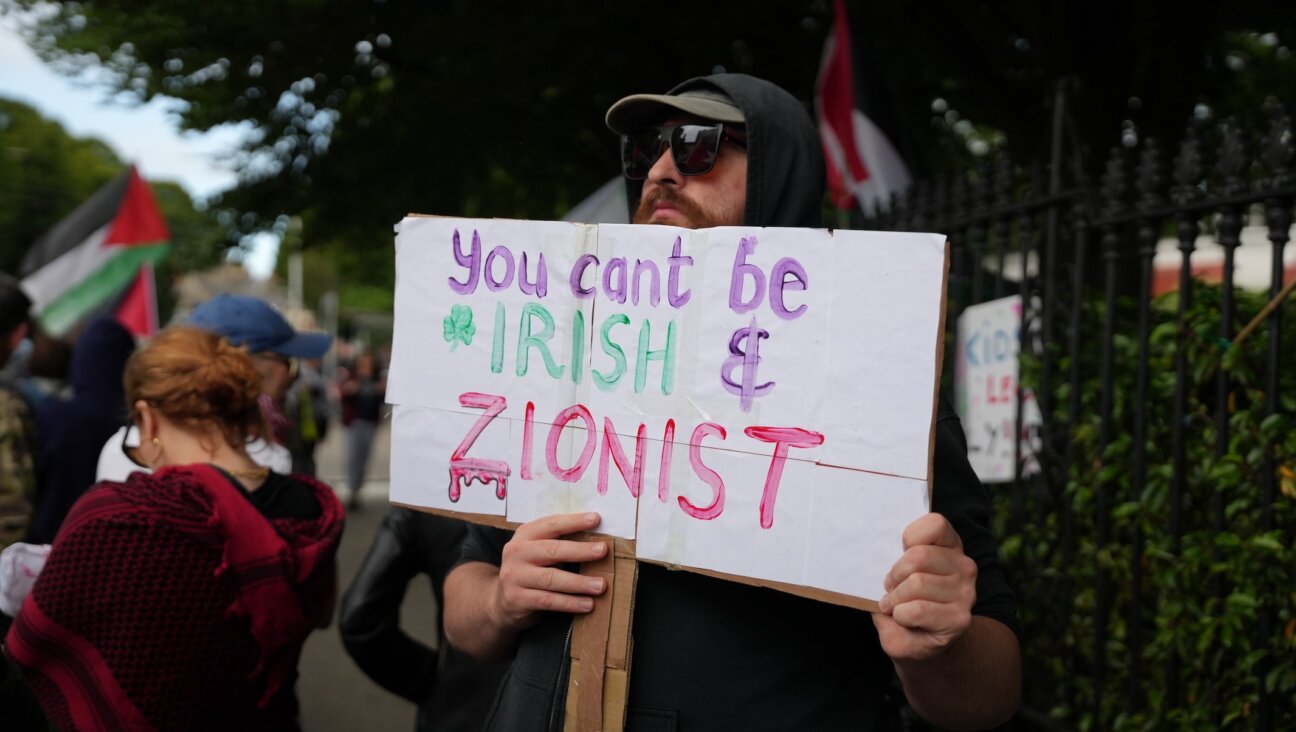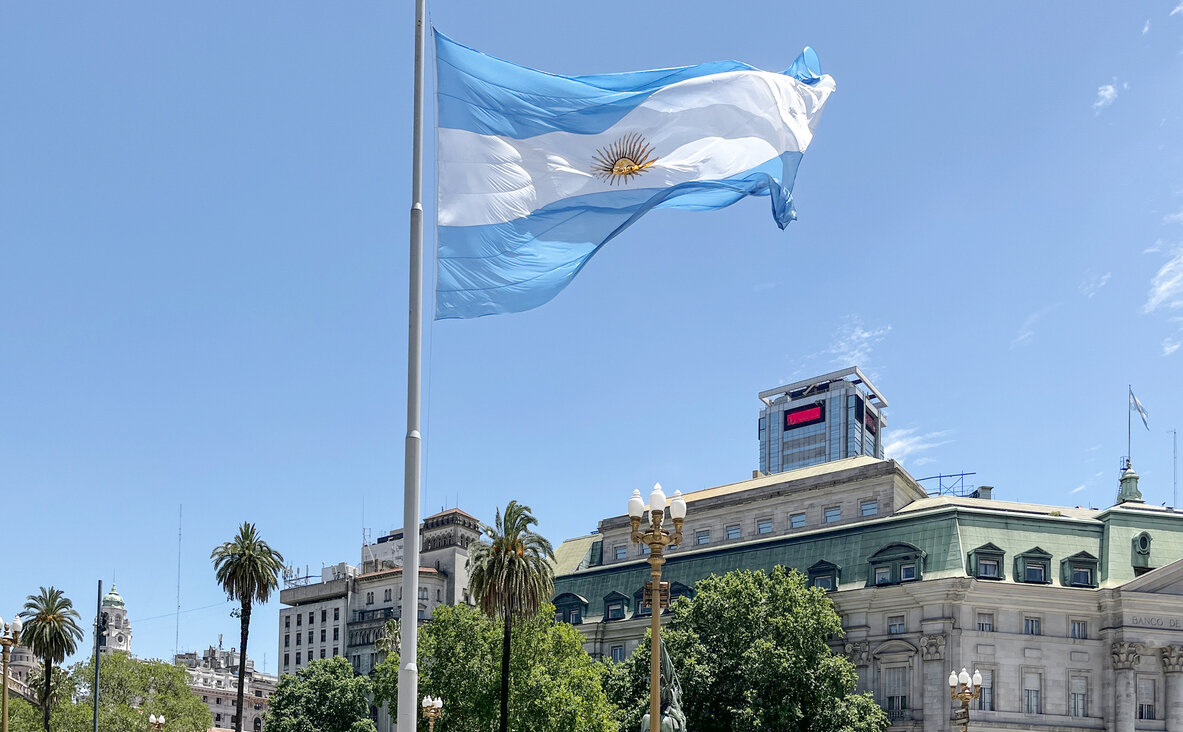Freed African MIgrants Banned From Tel Aviv

Graphic by Angelie Zaslavsky
The some 1,200 illegal migrants who will be released from a Negev detention facility will not be allowed to settle in Tel Aviv or Eilat.
The migrants, most asylum seekers from Eritrea and Sudan, will receive a temporary residence permit when they leave the Holot detention center, which will prevent them from entering the two cities, where the majority of illegal migrants from Africa currently live.
The plan was proposed by Public Security Minister Silvan Shalom and reportedly approved by the relevant courts.
The migrants are due to be released on Tuesday and Wednesday, according to reports. The releases come two weeks after Israel’s Supreme Court ruled that the provision in the current “anti-infiltration law” allowing the migrants to be held for up to 20 months at the Holot detention center is “disproportionate,” and ordered that they can only be detained for up to 12 months while the law is revised.
The Knesset has six months to revise the law, which passed its final readings in December.
Under the measure, an amendment to an existing infiltration law, illegal migrants can be held in closed detention centers for three months and then kept at the Holot open detention center in the Negev for up to 20 months, where they will be required to be present at a head count once a day rather than three times.
In September, the Supreme Court ordered the state to close the Holot center and struck down the section of the amendment that allows the illegal migrants to be held in closed detention for one year.
Had the new law not been passed before the Knesset dissolved, the court would have required the freeing of all 2,500 migrants being held in Holot.
More than 40,000 Eritreans and Sudanese are in Israel, most illegally.















